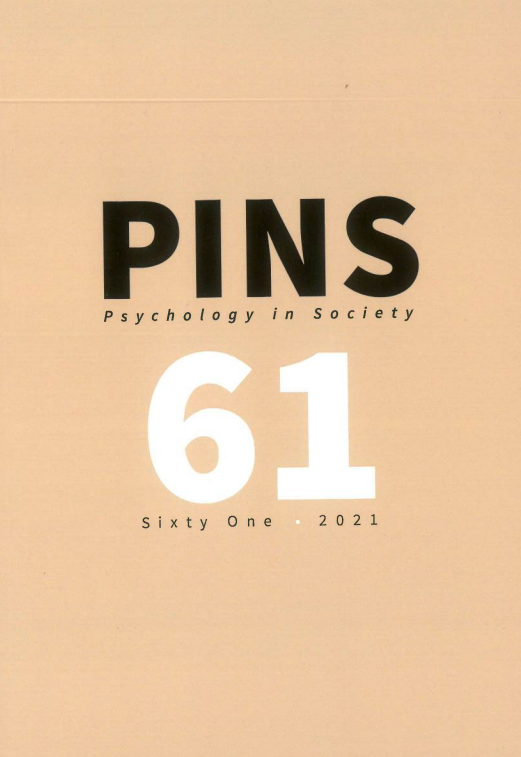Student voices in studies on curriculum decolonisation: A scoping review
DOI:
https://doi.org/10.57157/pins2021Vol61iss1a5591Keywords:
psychology, student voice, scoping review, South African higher education, curriculum, decolonisationAbstract
With the decolonisation and #feesmustfall movements in higher education going mainstream it is essential that the voices of students continue to be heard and that they occupy a prominent role in the decolonial project. Additionally, it is crucial to understand how their voices have been portrayed, analysed, and framed within scholarly work. This paper presents a scoping review of literature on the voices of students about the decolonisation of the social sciences that may inform the transformation of the research in psychology curriculum. Of the reviewed literature, only 12 articles were identified as relevant, and these generated four themes: complex reactions towards decolonisation, decolonial content, and ways of teaching; the importance of critical engagement and reflections on decolonisation; challenges with disrupting whiteness within higher education; and demographic change at universities. The findings revealed useful insights that could assist in guiding conversations with students about decolonising psychology in the classroom, such as creating safe spaces where students feel comfortable taking social and psychological risks when expressing their uniqueness. Published work on students and academics co-creating a transformed curriculum is lacking, and further studies on decolonisation in higher education in the global South are needed.
Downloads
Published
How to Cite
Issue
Section
License
This journal is an open access journal, and the authors' and journal should be properly acknowledged, when works are cited.
Authors may use the publishers version for teaching purposes, in books, theses, dissertations, conferences and conference papers.
A copy of the authors’ publishers version may also be hosted on the following websites:
- Non-commercial personal homepage or blog.
- Institutional webpage.
- Authors Institutional Repository.
The following notice should accompany such a posting on the website: “This is an electronic version of an article published in PINS, Volume XXX, number XXX, pages XXX–XXX”, DOI. Authors should also supply a hyperlink to the original paper or indicate where the original paper (http://www.journals.ac.za/index.php/pins) may be found.
Authors publishers version, affiliated with the Stellenbosch University will be automatically deposited in the University’s’ Institutional Repository SUNScholar.
Articles as a whole, may not be re-published with another journal.
The copyright of the article(s) lies with the author(s).
The copyright of the journal lies with PINS-psychology in Society.
The following license applies:
Attribution CC BY-NC-ND 4.0 - https://creativecommons.org/licenses/by-nc-nd/4.0/

